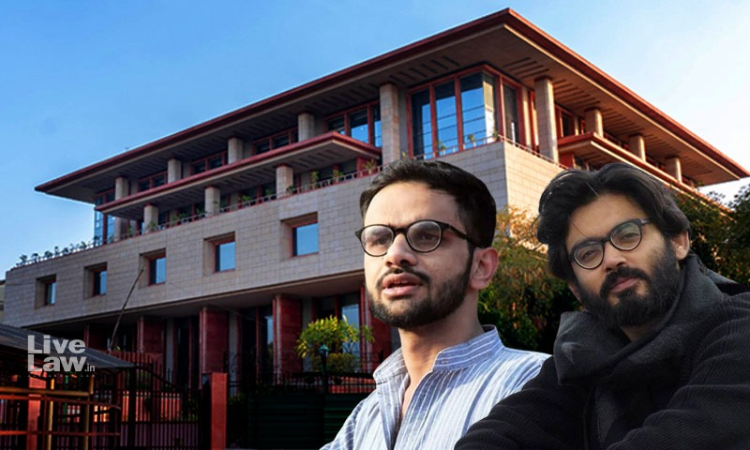In December, Kuddus Ali, a resident of Assam’s Barpeta district, was adjudicated to be a “foreigner” by the Gauhati High Court. In Assam where the citizenship of a section of people is perennially under legal scrutiny, it was hardly a development of note.
However, part of the judgment was directions to the state government that legal experts say could lead to a new regime governing people found to be “illegal migrants” in Assam.
In the judgment delivered on December 13, the court decreed that a person declared a foreigner would cease to have access to the bouquet of rights and entitlements available to an ordinary citizen.
Such a person, the judgment stated, would lose their property rights and would have to return any identification document issued by the state that identified them as a citizen. A declared foreigner, the court ruled, will also have their names struck off from the voters’ list. (Currently, declared foreigners cannot vote but their names remain on electoral rolls as “doubtful voters”.)
Further, the court asked the state government to constitute a “nodal authority” that would enforce these restrictions.
This is significant, observers say, because it is likely the first time that a judicial authority has expressly spelled out the extent of curtailment of rights of a declared foreigner and, simultaneously, spelled out a mechanism to enforce them.
This story was originally published in scroll.in. Read the full story here .






